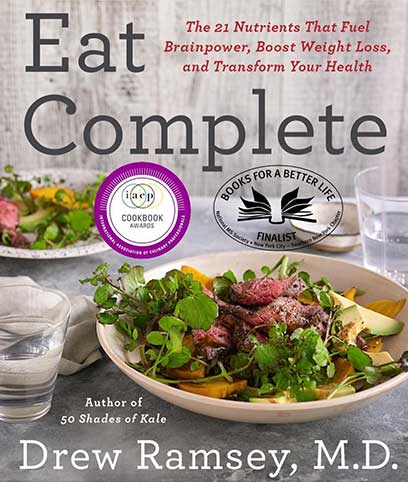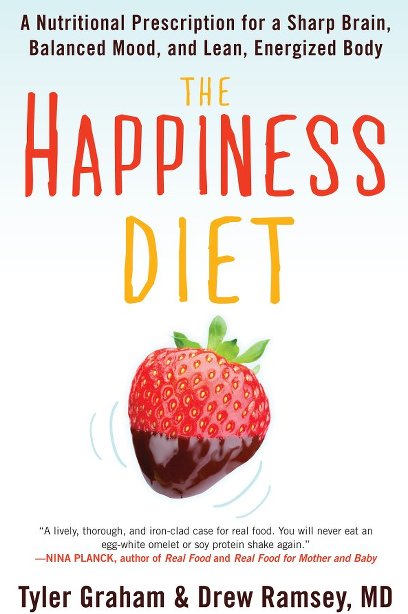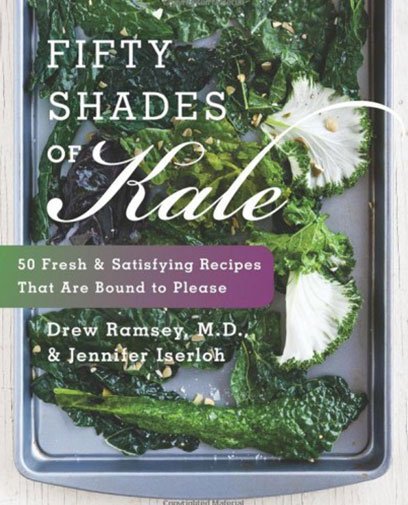If you want to improve omega-3 status should you take flax seed oil or fish oil? The shortest of the omega-3 fats, alpha linolenic acid or ALA found in high concentrations in flax seed can be converted to the longer EPA and DHA, which are the omega-3 forms most studied in brain health. This study investigated adults and followed them for 3 months with groups taking either olive oil (no omega-3s), flax seed (ALA), or fish oil (EPA and DHA) and compared their blood. The researchers conclude that to increase the longer-chained EPA and DHA, it is not enough to take ALA from flax seed. But remember, the right fish – wild salmon, mackerel, sardines, and anchovies to name a few – is also a great choice and loaded with EPA and DHA.
| Authors | GS Young, JA Conquer, R Thomas |
| Institution | Human Biology and Nutritional Sciences, University of Guelph, Ontario |
| Publication Name | Reproduction, Nutrition, Development |
| Publication Date | September 2005 |
Dietary intake of omega-3 fatty acids has been positively correlated with cardiovascular and neuropsychiatric health in several studies. The high seafood intake by the Japanese and Greenland Inuit has resulted in low ratios of the omega-6 fatty acid arachidonic acid (AA, 20:4n-6) to eicosapentaenoic acid (EPA, 20:5n-3), with the Japanese showing AA:EPA ratios of approximately 1.7 and the Greenland Eskimos showing ratios of approximately 0.14. It was the objective of this study to determine the effect of supplementation with high doses (60 g) of flax and fish oils on the blood phospholipid (PL) fatty acid status, and AA/EPA ratio of individuals with Attention Deficit Hyperactivity Disorder (ADHD), commonly associated with decreased blood omega-3 fatty acid levels. Thirty adults with ADHD were randomized to 12 weeks of supplementation with olive oil (< 1% omega-3 fatty acids), flax oil (source of alpha-linolenic acid; 18:3n-3; alpha-LNA) or fish oil (source of EPA and docosahexaenoic acid; 22:6n-3; DHA). Serum PL fatty acid levels were determined at baseline and at 12 weeks. Flax oil supplementation resulted in an increase in alpha-LNA and a slight decrease in the ratio of AA/EPA, while fish oil supplementation resulted in increases in EPA, DHA and total omega-3 fatty acids and a decrease in the AA/EPA ratio to values seen in the Japanese population. These data suggest that in order to increase levels of EPA and DHA in adults with ADHD, and decrease the AA/EPA ratio to levels seen in high fish consuming populations, high dose fish oil may be preferable to high dose flax oil. Future study is warranted to determine whether correction of low levels of long-chain omega-3 fatty acids is of therapeutic benefit in this population.








